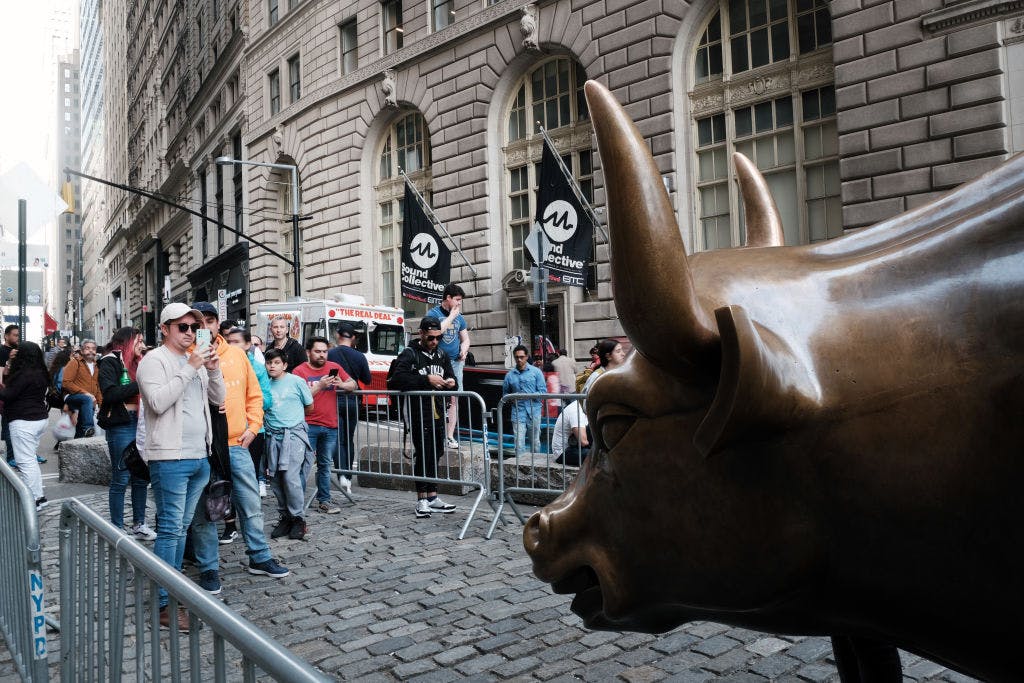Wall Street’s favorite post-election trade is already paying off huge
VIX puts are the new S&P 500 calls.
Wall Street definitely had a preferred outcome for the presidential election. But traders also had a bet they piled into, believing it would work no matter who won: a decisive move lower in implied volatility in stocks, as measured by the Cboe Volatility Index (VIX).
“Our highest conviction post-election call is for a drop in implied volatility across asset classes,” wrote Dennis Debusschere, president and chief market strategist at 22V Research.
The VIX tracks the 30-day implied volatility of the S&P 500 based on out-of-the-money options, and is often called the stock market’s “fear gauge.” By late October, the VIX had ramped up to above 23, compared to its one-year average of a little above 15.
Wall Street wagered that this wouldn’t last.
Since the most recent major expiries in mid-October, total open interest in VIX puts — that is, options bets on lower implied volatility — spiked heading into the election, compared to a much more mild rise for bullish options on the S&P 500.
“VIX puts are the new S&P 500 calls,” Brian Garrett, managing director at Goldman Sachs, wrote in a note to clients on Tuesday. “‘Vol lower’ is extremely consensus (but arguably, not wrong?).”
Extremely consensus and inarguably not wrong, as it turns out: the VIX Index is trading around 16 this morning.
The thinking underpinning this sequencing: markets priced the election as a major event in which traders weren’t sure what would happen. It’s the same way that options on individual stocks are very pricey around the time companies report earnings. A high VIX was effectively insurance against an unexpectedly negative or confusing election result. The actual outcome, in the eyes of markets, has been anything but.
To this end, Dean Curnutt, CEO and founder of Macro Risk Advisors, tweeted that the US election is like “Earnings Day for the Country.”
“Unless realized vol picks up dramatically, the VIX must fall,” he told clients on Monday, recommending put spreads to bet on a decline in the VIX Index.
And fall it has.
The iPath Series B S&P 500 VIX Short-Term Futures ETN, which allows investors to bet on VIX futures (as the VIX itself is not directly tradable), is down double digits as of 11:15 a.m. ET, on track for its biggest daily drop since August.
